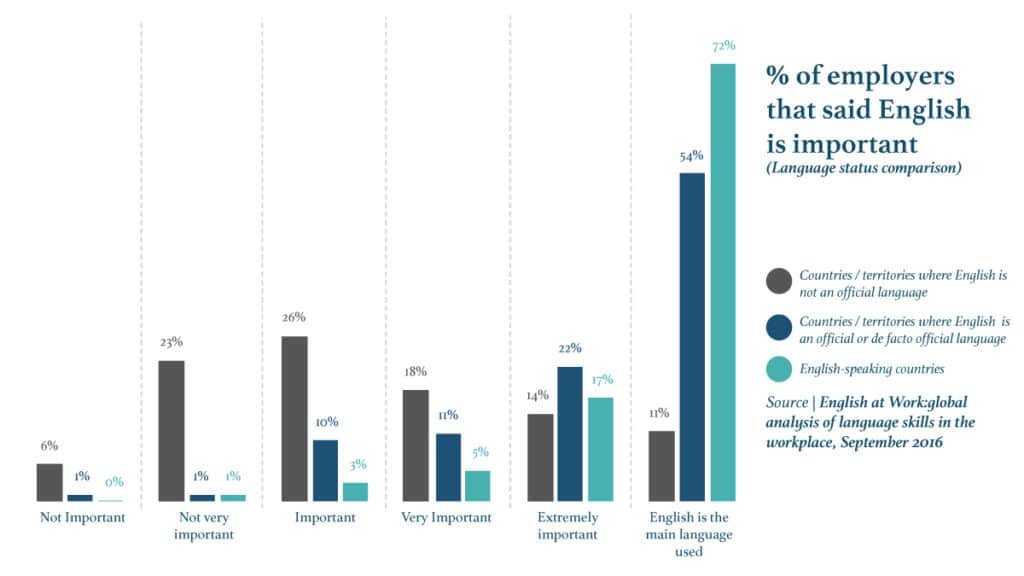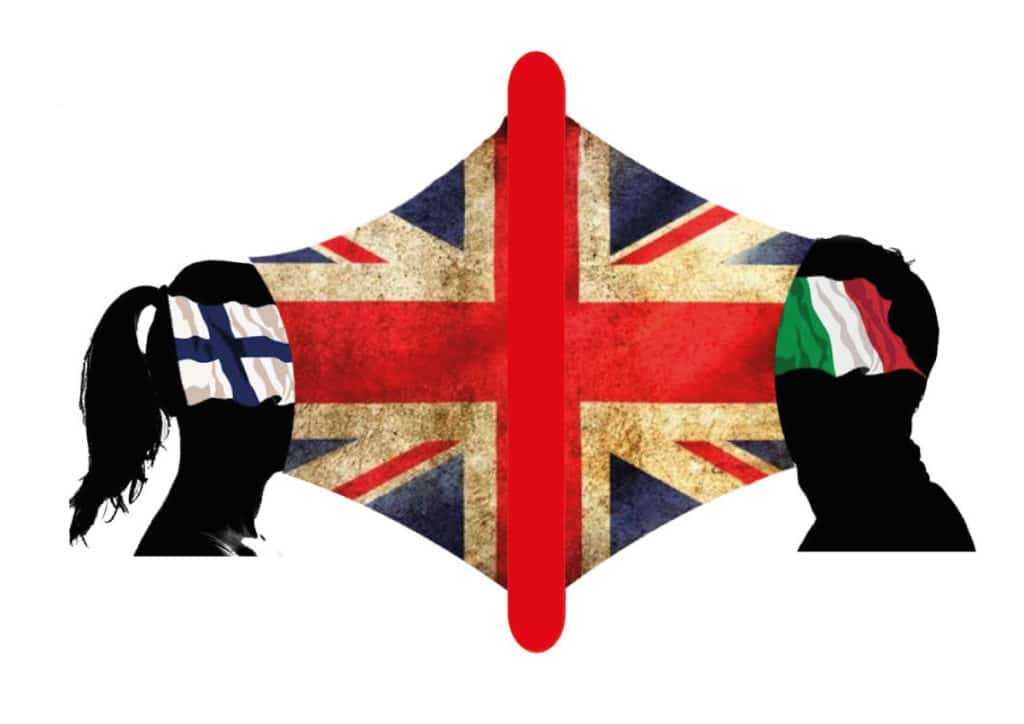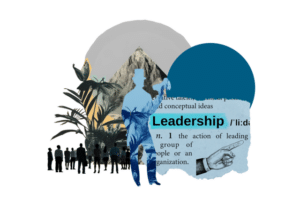Nowadays the number of people that work communicating in a different language other than their mother tongue is constantly growing. In a globalized world, companies work cross- border. In this context employees cooperate closely with people from different countries and cultures. Cultural diversity in a company can bring individual and organizational benefits, open people’s minds to new approaches and help them be more creative, but on the other hand, it also poses important challenges such as the difficulties that come from using a foreign language. How can clear and efficient communication be ensured allowing us to overcome linguistic and cultural diversity? In this article, we will analyze the obstacles that people working in an international team face and the most efficient way of breaking down the linguistic barrier.
Without a doubt, globalization has positive effects socially and personally, and at a business and organizational level. An international project:
- increases the opportunity of exchange;
- makes communication and dialogue possible between different world views;
- welcomes the consideration of unexpected perspectives;
- expands the overall vision of situations and problems;
- supports the development of the individuals’ open-mindedness
encourages creativity and facilitates the development of innovative and original strategies; - supports more effective and productive behaviors;
- facilitates the achievement of professional goals and results.
According to Senior Business Coach Marianne Fröberg «the team is like a painter’s palette in which each well contains a different color: by integrating the different “colors” you get a heterogeneous and performing team». Internationality and inter-culture, on the one hand, bring evident benefits to a company by concretely contributing to its performance and success. On the other hand, it is a true challenge for many to work in a mixed cultural environment, using a language that is not our mother tongue. In this context our usual behavioral models do not necessarily fit and we do not always interpret what happens in a conversation or a social relationship in a correct way.
In this context the English language has a major role, today it is by far the most widely spoken lingua franca in the world, and it is recognized as a “global business language” by most business players. Knowledge of English has thus become a fundamental requirement for entering the business arena regardless of the country’s language.
Required in all sectors and contexts, it is now spoken at a professional and competent level by many people. Back in 2016, Cambridge Assessment English ran a research on 5300 workers in 38 different countries around the world. In their study they highlighted, the paramount diffusion and relevance of the English language in the global economy. In the countries where English is not the native language, more than two-thirds of the employers recognize how fundamental English is to their business. The required levels differ obviously by the type of business and sector: from a very in-depth and technical knowledge in sectors such as finance, banking, and law; to a more scholastic one for the travel, leisure, and public service sectors.

It does not matter how well we understand and speak a foreign language, we will nevertheless never quite reach the simplicity and spontaneity that we have in our mother tongue. This said, a 2014 study of 15 international teams from 3 different German automotive companies shows how many of the misunderstandings in the international workgroups are caused by the lack of a common native language. When people have different mother tongues and use a language that they do not feel as competent in as their own, language becomes a barrier that prevents clear and therefore effective communication. The study shows how these misunderstandings have relevant effects that are capable of negatively influencing the group’s output and therefore its productivity. Linguistic diversity, although apparently superficial, has the power to create perceptions of diversity at a much deeper level. The technical and professional abilities of the various members are unconsciously evaluated in strict relation to their linguistic ability. Therefore, a difficulty in speaking or poor language knowledge can be perceived as a synonym for a lack of competence and professionalism. On a broader and more emotional level, all this causes greater difficulty in establishing relationships of mutual trust, making cooperation between the group more difficult and success less likely.
Language as a cultural construction
These observations are useful for reflecting on the importance of the language we use and the complexity of the effects it can have on our lives and our work in our organization. We can look at language as Janus, the God with two faces, that looks in two opposite directions. A language is able to unite and divide, connect but also separate. It is the most sophisticated and efficient communication tool that we have. It enables us to relate with others, to share our ideas, thoughts, emotions, and sensations, to understand others, and be understood. At the same time, it can also create a barrier because it creates misunderstandings that are not always solvable. Verbal communication creates a bridge between two speakers, because of their background and personal stories.
Precisely in this regard the greek philosopher Gorgias argued that «while speaking, even when we feel very connected to the other person, one can never be completely sure that what is expressed, coincides exactly with the meaning that the other person gives to it».
The Greek philosopher highlighted the difficulty of delineating the correct and objective relationship between sign and meaning, a theme that became central in the philosophical debate over the centuries, and is still not completely understood.
Communication is a process that involves objective and subjective aspects, in which the speakers participate, bringing with them all their values and cultural baggage. My personal and collective history, and therefore the context in which I was born and raised, determines the meaning that I will give to certain terms and expressions.
Language is a mirror of culture and society because it reflects their dynamics, peculiarities, and values, but at the same time, it also creates and determines culture. The way of expressing oneself strictly depends on the way of thinking, and vice versa: words contribute to the formation of the mentality of individuals. They influence the perception of the outside world and thus influence beliefs and behaviors.
Behind every language, there is a system of different values and beliefs and these make up the cultural universe that underpins each language. Language, then, is not to be conceived as a static, isolated, fixed, and given entity, but rather as a constantly evolving social practice, both in time and in space, which changes and modifies itself, and in turn changes and modifies the external entities as well.
The linguistic barrier in international teams
All this is strongly amplified when we speak a language that is not ours which we, therefore, handle with reduced spontaneity and simplicity. As Gadamer says, general communication, and more so the translation from one language to another, causes the loss of something because it requires interpretation. This is a process by which a person inserts his/her personal meanings that come from his/her cultural asset, and therefore modifies the original meaning. Communication is always interpretation and re-interpretation. This is all the more so when it occurs between people from different cultures.
In teams of different languages, a relationship is established between cultures. The consequences are:
- difficult and less spontaneous communication;
- a greater possibility of misunderstandings;
- the incorrect attribution of meanings to expressions and tone of voice.

It then becomes more difficult to create cohesion and a sense of belonging among team members. These are fundamental feelings for professional performance to be optimized. It is essential that each individual feels part of the team and recognizes the group as his/her own because (s)he shares its objectives and values.
The use of English as a single global language, although capable of uniting and creating otherwise impossible verbal contact between people, also causes the opposite effect.
English risks flattening the differences, because it sacrifices the richness of the different nuances of the language, forcing people into a single model of communication. Instead of being an instrument of union and cohesion, we can see it also as a separator.
The challenge for all those who are part of international projects and, especially those who manage multicultural teams and therefore people who speak languages other than their own, need to ensure clear and effective communication that creates cohesion and trust, despite cultural and linguistic distances. Indeed, because of the increasing trend towards globalization and internationality, one of the inevitable skills for a good leader is precisely intercultural communication. The question: «What do you mean when you say this» or «What do you mean with this word?» help reveal the meanings we give to words and reflection time on how we use a language and meanings can be incredibly useful for an international team.
For international teams it is also necessary to have a broader attitude capable of embracing and understanding different cultures. As the Senior Business Coach Michele Casamassima says «an efficient leadership tries to first understand the internal dynamics, takes time to listen, to live and create a new culture that incorporates all the different world views that are part of the team».
Improving intercultural communication skills means building and training awareness of oneself and others. This is done by reflecting on differences in an active manner and learning about individuals who speak a different language and have different values and habits. As Jane Jackson suggests in her book “Introducing Language and Intercultural Communication”, some solutions could be to:
- recognize that misunderstandings can arise due to linguistic and/or cultural differences;
- ask questions patiently to confirm the meaning of the message;
- ask for and offer your feedback (verbal and non-verbal) to ensure that messages have been received and understood correctly;
- make a real effort to learn the language and practices of people from different cultural backgrounds.
All these points are behaviors that to be trained daily if you work in an international context. An authentic understanding of the other’s intention is therefore obtained through conscious action, which arises in the relationship between people. The words themselves do not count on their own, what matters is the sharing of the meaning that the members of the group give to the words. For this reason, Team Coaching often starts with building a common vocabulary.
Completely eliminating the language barrier is not possible, when the language used is the native one and, even more so, when the language used is a foreign one. Linguistic and cultural differences will always exist, and indeed it is important to preserve and enhance them. To better deal with a multicultural working team and to manage international relations in an optimal way; leveraging their advantages and potential into real opportunities for individual and collective growth, it is essential to acquire and maintain awareness of the limits and strengths of language. We need to pay attention to the cultural diversity present in the team and to the misunderstandings that could arise, striving to implement communication strategies that are as inclusive and comprehensive as possible.





